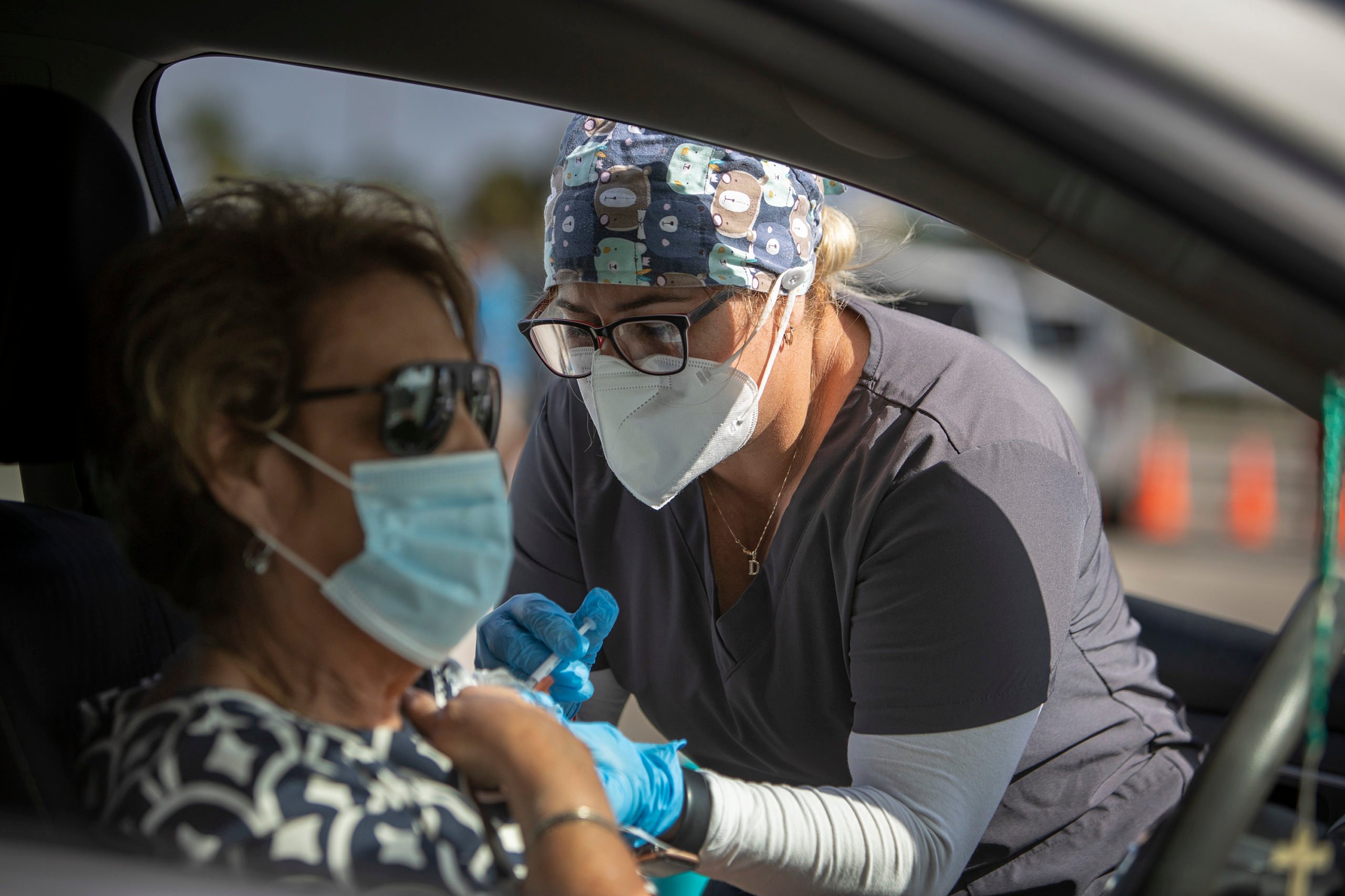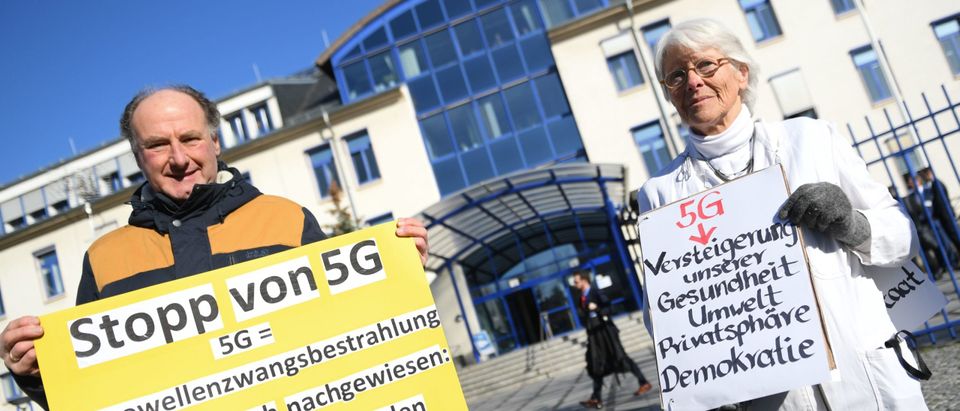One of the world’s leading scientific organizations issued a report Wednesday arguing that social media sites should avoid censoring scientific “misinformation.”
The Royal Society, the U.K.’s academy of sciences, published a study of online scientific and health misinformation Wednesday, investigating its root causes and brainstorming possible solutions. The scientists concluded that censoring content deemed to be misinformation is often harmful and antithetical to the principles of scientific inquiry. (RELATED: YouTube Expands Crackdown On Vaccine Misinformation, Targets Specific Accounts)
“In the early days of the pandemic, science was too often painted as absolute and somehow not to be trusted when it corrects itself, but that prodding and testing of received wisdom is integral to the advancement of science, and society,” Frank Kelly, a professor of the mathematics of systems at the Statistical Laboratory at the University of Cambridge, said in a statement on the report. “This is important to bear in mind when we are looking to limit scientific misinformation’s harms to society.”
The report found that online censorship risked pushing misinformation underground and off of major social media platforms, where it is less likely to be exposed to countervailing opinions. Censorship also risks removing or suppressing content that may be true or helpful to the evolving scientific understanding of certain concepts.

MIAMI, FLORIDA – DECEMBER 16: A healthcare worker administers a Pfizer-BioNTech COVID-19 vaccine to a person at a drive-thru site in Tropical Park on December 16, 2021 in Miami, Florida. (Photo by Joe Raedle/Getty Images)
“Clamping down on claims outside the consensus may seem desirable, but it can hamper the scientific process and force genuinely malicious content underground,” Kelly said.
Social media companies have adopted strict medical misinformation policies since the beginning of the COVID-19 pandemic, banning or suspending accounts, including those belonging to members of Congress such as Republicans Rep. Marjorie Taylor Greene and Sen. Rand Paul, for posting content that violates their rules. The Biden administration has also focused on online misinformation, with President Joe Biden alleging that Facebook was “killing people” by not removing anti-vaccine claims.
The Royal Society argued that rather than banning misinformation, social media sites should support independent fact-checking organizations and investing in information literacy. This approach, the report argues, would allow room for error and avoid ghettoizing misinformation to alternative platforms.
“Science stands on the edge of error and the nature of the scientific endeavour at the frontiers means there is always uncertainty,” Kelly said.
All content created by the Daily Caller News Foundation, an independent and nonpartisan newswire service, is available without charge to any legitimate news publisher that can provide a large audience. All republished articles must include our logo, our reporter’s byline and their DCNF affiliation. For any questions about our guidelines or partnering with us, please contact licensing@dailycallernewsfoundation.org.


